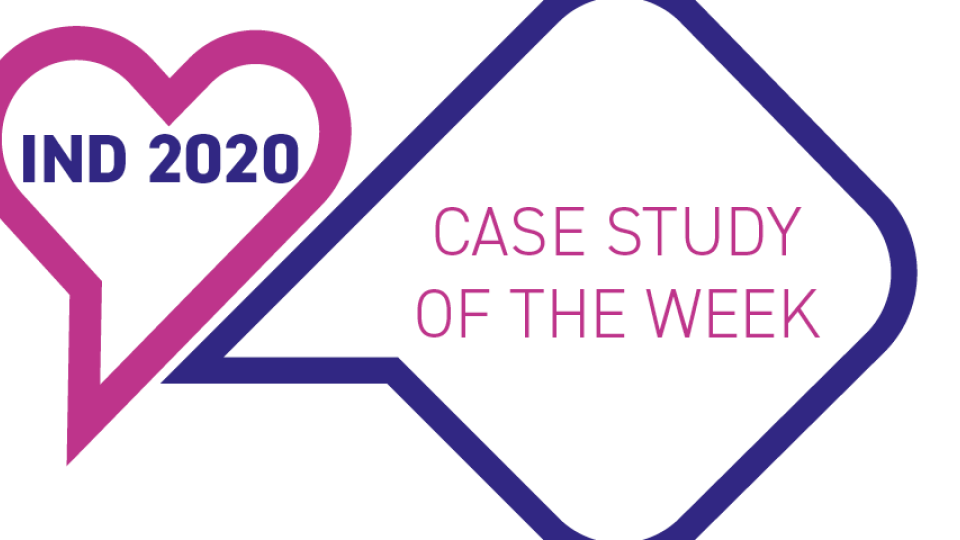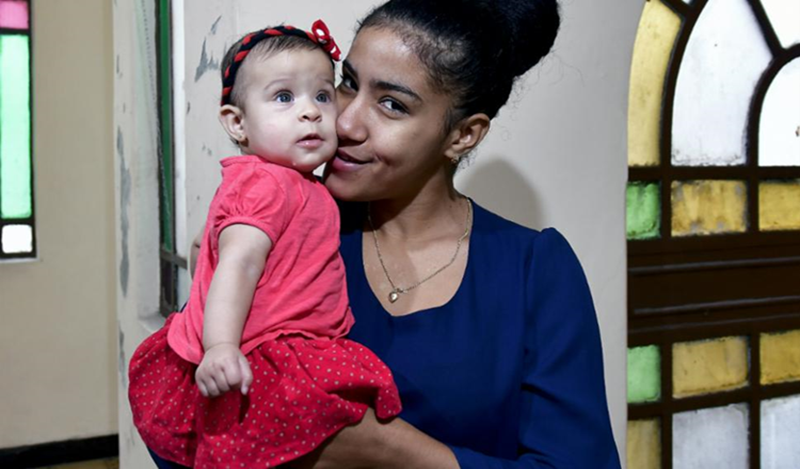International Nurses Day 2020: Case study of the week

International Migrants Day: Culturally appropriate healthcare for migrants in Uruguay
Contributors: Lourdes Balado & Katia Marina, Uruguay

On the occasion of International Migrants Day, 18 December, ICN brings you a case study on how nurses in Uruguay are helping migrants access culturally appropriate and acceptable health care services.
According to data from the Uruguay Ministry of Foreign Affairs, immigrants now exceed the number of those who emigrate. This figure has quadrupled in the last four years with immigrants coming in mostly from the Dominican Republic, Cuba and Venezuela, and to a lesser extent from Peru, Bolivia, Chile, Paraguay, Africa and the Middle East. Unfortunately, the migrant population cannot easily access health services, and can find themselves socially marginalised.
Traditionally in Uruguay, the migrant movement was composed mostly of men, but now the percentage of men and women is almost the same. Women are the predominant group of migrants consulting healthcare services and women's health is the second most frequent reason for consultations. Migration increases the vulnerability of women and makes intercultural nursing advice essential.
Arriving in a foreign country is a vulnerable time in people's lives. In the first months of arrival, they must sort out their legal and housing situation, their entry into the labour market and their integration into the health system. Professional advice and support is extremely useful for these newly arrived migrants. The nurse case manager uses an intercultural approach to provide direct care, personalised advice, a link to the health system and support networks that facilitate the adaptation to a new environment - all with a humanized and person-centred approach!
A project has therefore been developed to facilitate the access to the health care system for recently arrived migrants in Uruguay. The project was developed and implemented by the civil association “Idas y Vueltas” and the School of Nursing of the University of the Republic of Uruguay.
The project involved establishing a liaison between the migrants and the health services, and helping with translation and cultural mediation. This was carried out by nursing students and professors from the University School of Nursing by strengthening their competencies in intercultural nursing; formalising institutional links with the assistance centres; and promoting accessibility for the migrant population. In addition, data and reflections on intercultural health were disseminated through academic publications working in teams with other disciplines.
The students and professors reflected on the problem of health for the migratory population, and contributed to the development of national policies and strategies on migratory health.
As a result of the project, the health providers have seen more than 500 migrant patients in the last year for multiple needs. As well as increasing access to health, the project encourages migrants to remain in Uruguay. For the student nurses, there were many advantages, such as incorporating an intercultural approach; improving knowledge of human sciences (social anthropology) and cultural competency; opportunities for Interprofessional Education; and learning a new language.
This project provides updated data from the perspective of intercultural care, and can guide new public strategies in migratory health in order to improve the quality and efficiency of care for this vulnerable population.
For more information on migrant health, see ICN’s position statement on health of migrants, refugees and displaced persons